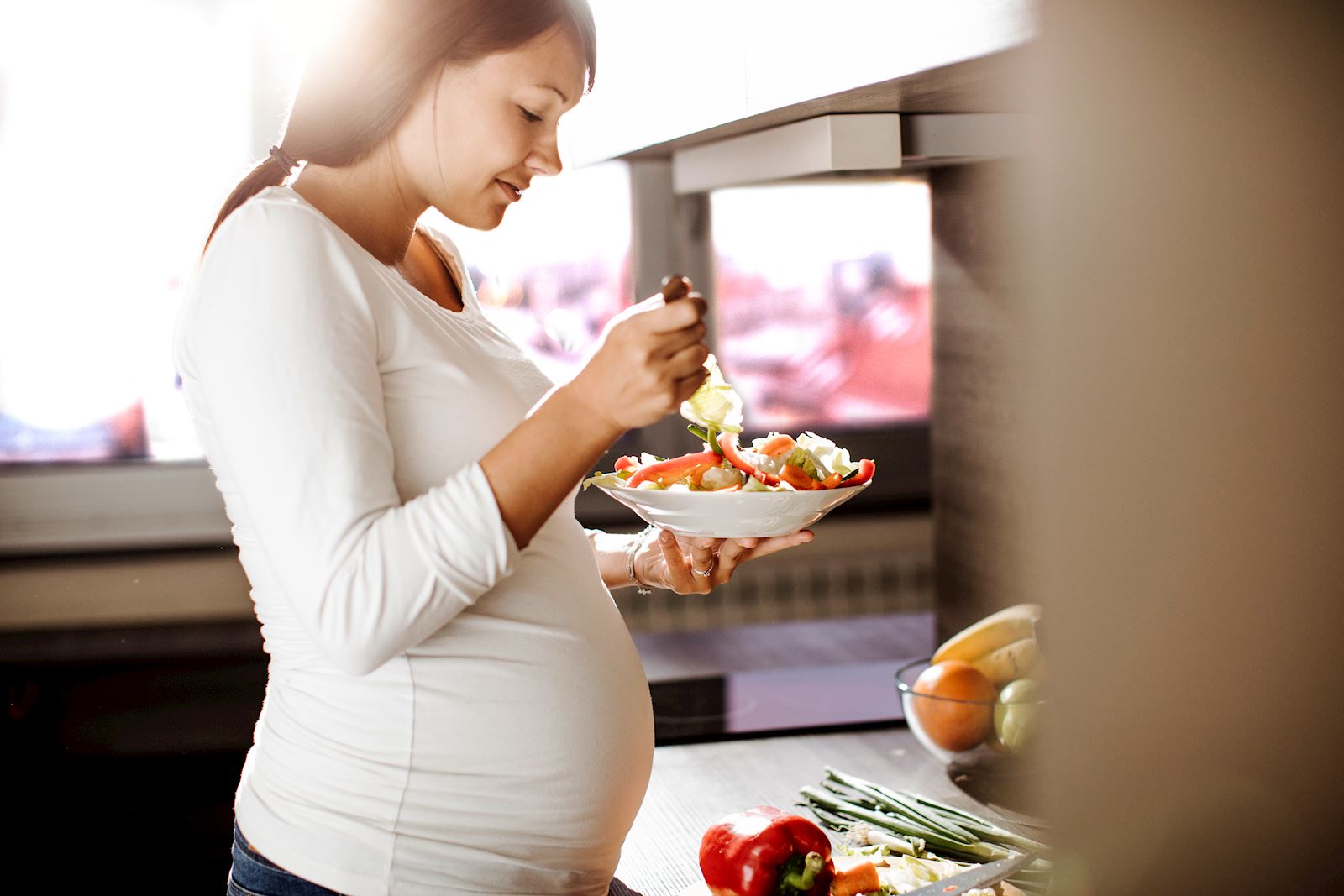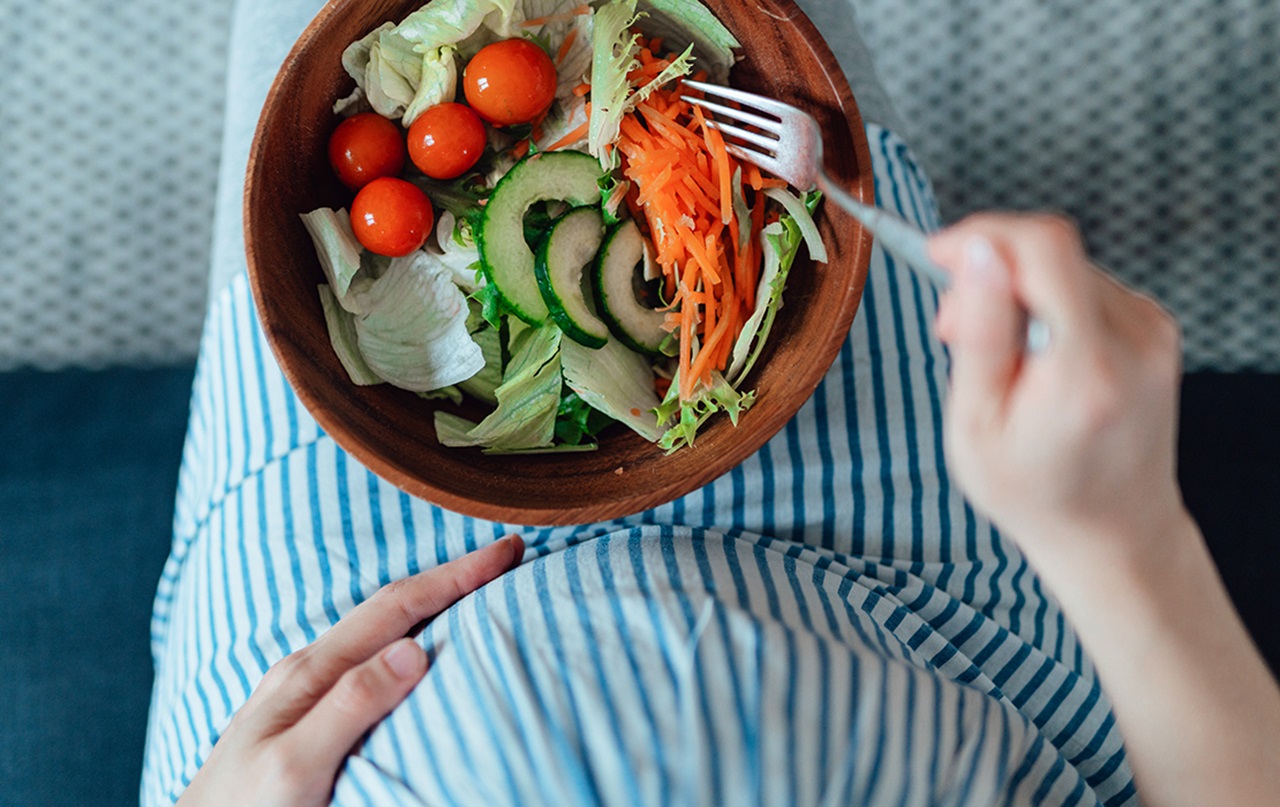As the sun rises on a new day, a wave of anticipation washes over an expecting mother, her heart swelling with dreams of the new life she nurtures within. This moment is transformative, filled with hope, excitement, and a hint of trepidation.
With each bite, an expecting mother is not merely feeding herself; she’s laying the building blocks for her child’s future. By embracing the top nutritional guidelines for expecting mothers, she can forge a nourishing path that enhances her journey into motherhood, ensuring she thrives through this extraordinary experience.
Top Nutritional Guidelines for Expecting Mothers

Ensuring proper nutrition during pregnancy is vital for both the expectant mother and her developing baby. Following specific dietary guidelines helps promote optimal fetal development and supports overall maternal health. Educating about nutritional needs can empower women to make informed choices throughout their pregnancy journey.
Focus on Folic Acid Intake for Pregnant Women
Folic acid stands out as an essential nutrient for pregnant women. Adequate folic acid intake for pregnant women significantly reduces the risk of neural tube defects in the developing fetus. Experts recommend a daily intake of 400 to 800 mcg, especially crucial in the initial months of pregnancy.
Importance of Iron Supplementation in Pregnancy
Iron supplementation in pregnancy plays a crucial role in combating potential deficiencies. Pregnant women require approximately 27 mg of iron each day, a need that is often unmet through diet alone.
Recommendations for Prenatal Vitamins
Consulting healthcare providers for personalized recommendations for prenatal vitamins is essential. A well-rounded prenatal vitamin should include significant amounts of folic acid, iron, calcium, and other vital nutrients. Regular intake of these vitamins promotes health maintenance and contributes to fetal growth and development throughout pregnancy.
| Nutrient | Recommended Daily Intake | Source |
| Folic Acid | 400 – 800 mcg | Supplements, leafy greens, beans |
| Iron | 27 mg | Red meat, spinach, lentils, supplements |
| Calcium | 1,000 mg | Dairy products, leafy greens |
Managing Food Cravings and Aversions

Managing food cravings and aversions is a common challenge for expecting mothers. While cravings can often lead to a desire for less nutritious options, there are many healthy snack choices that can provide the necessary nourishment and energy during this important time.
Healthy Snack Choices to Satisfy Cravings
Healthy snack choices can satisfy cravings without sacrificing overall well-being. Options that are both delicious and nutritious include:
- Low-fat yogurt topped with fresh fruit
- Whole-grain crackers accompanied by nut butter
- Crisp vegetables served with hummus
- Air-popped popcorn seasoned lightly with herbs
Strategies to Overcome Food Aversions
Encountering food aversions during pregnancy may lead to limited dietary options. Strategies to overcome food aversions include:
- Focusing on bland or dry foods such as dry toast or saltines.
- Incorporating small, frequent meals throughout the day to aid digestion.
- Experiment with different preparations of favorite foods to find appealing options.
- Consulting healthcare providers for personalized advice.

Conclusion
The journey of pregnancy presents an extraordinary opportunity for women to prioritize their health and the well-being of their developing child. Understanding the essential nutritional needs that come with pregnancy is vital.
By adhering to the top nutritional guidelines for expecting mothers, a balanced diet can be achieved, which supports not only the needs of the baby but also the mother’s health throughout this transformative time.




